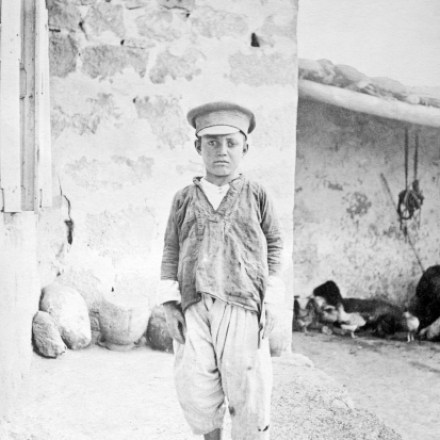Too little, too late | 16 April 2015
For most of us, the centenary of the Great War means recalling the misery and sacrifices of the Western Front: Ypres, the Marne, Arras, Verdun, Passchendaele, the Somme. Few of us give as much thought to the Eastern Front and, apart from regular studies of the ever-popular, self-mythologising Lawrence of Arabia, fewer still dwell on















